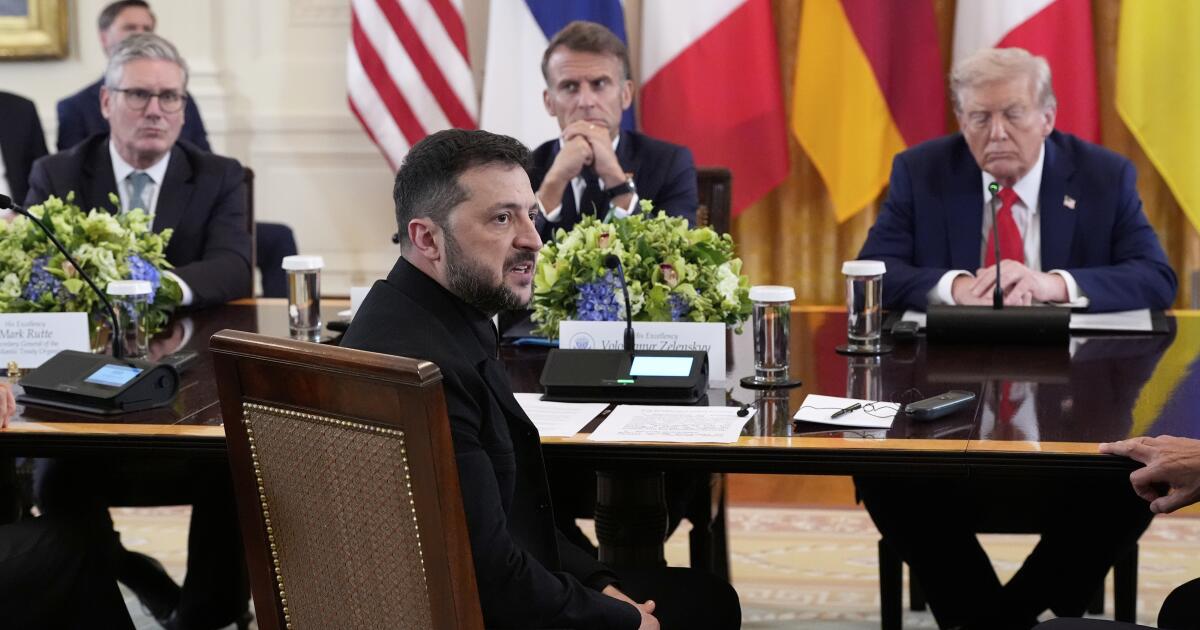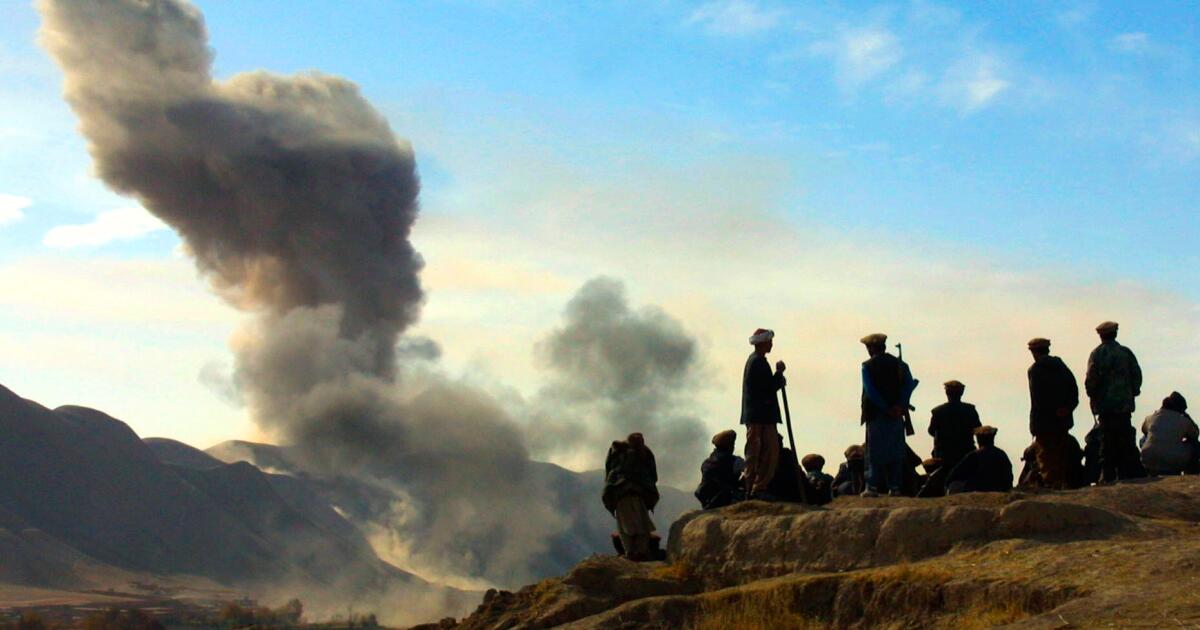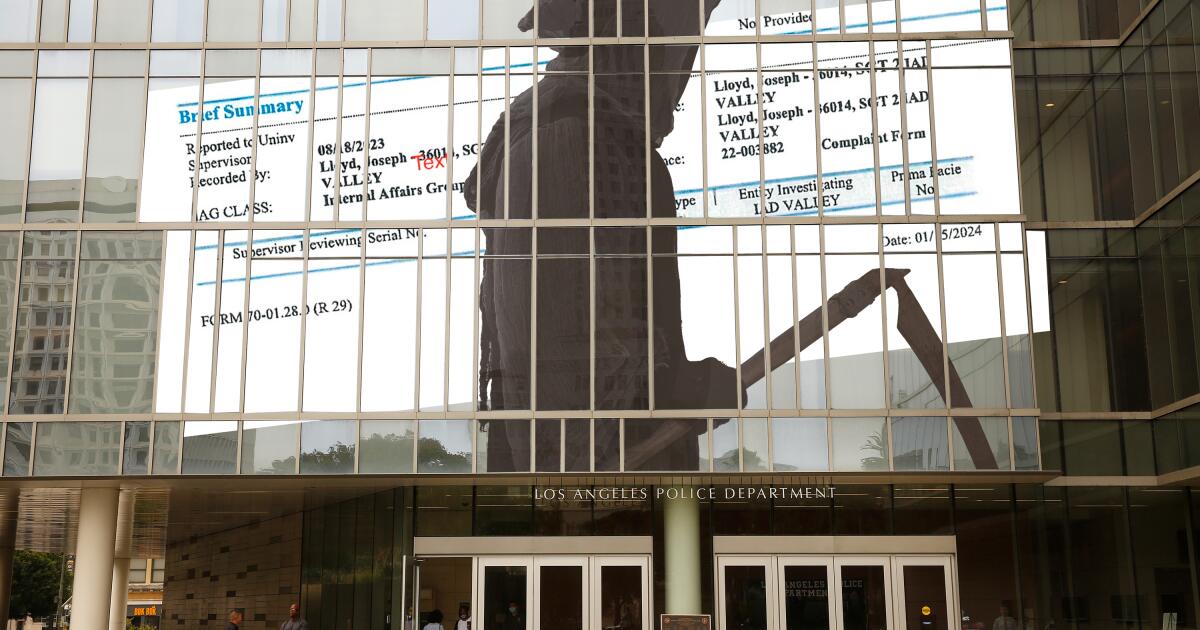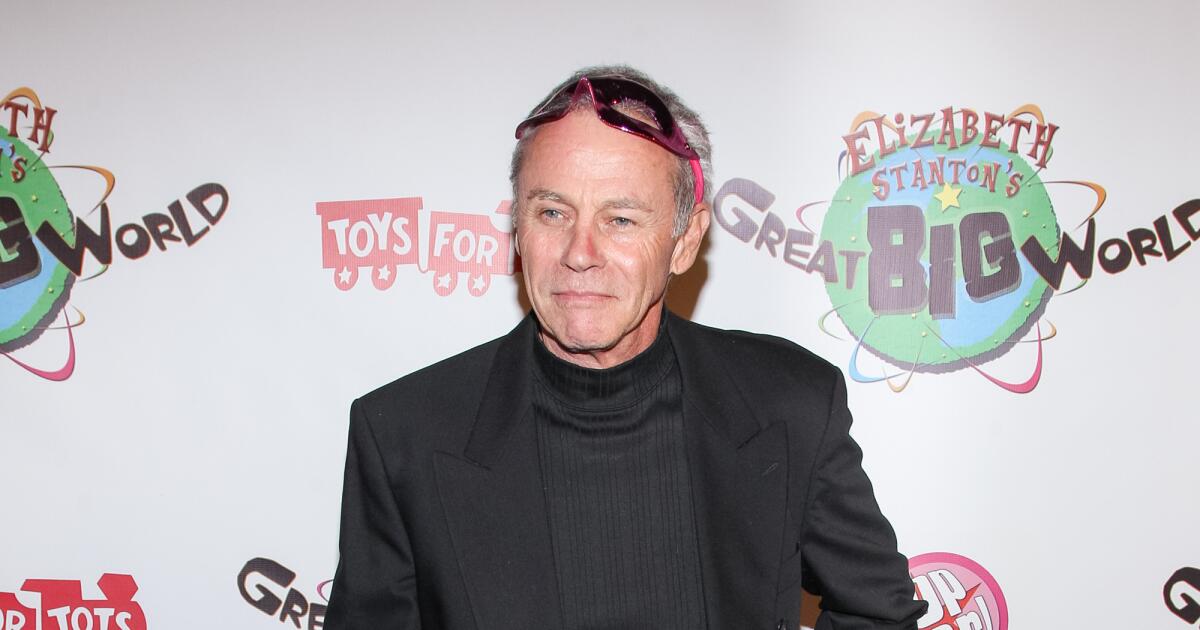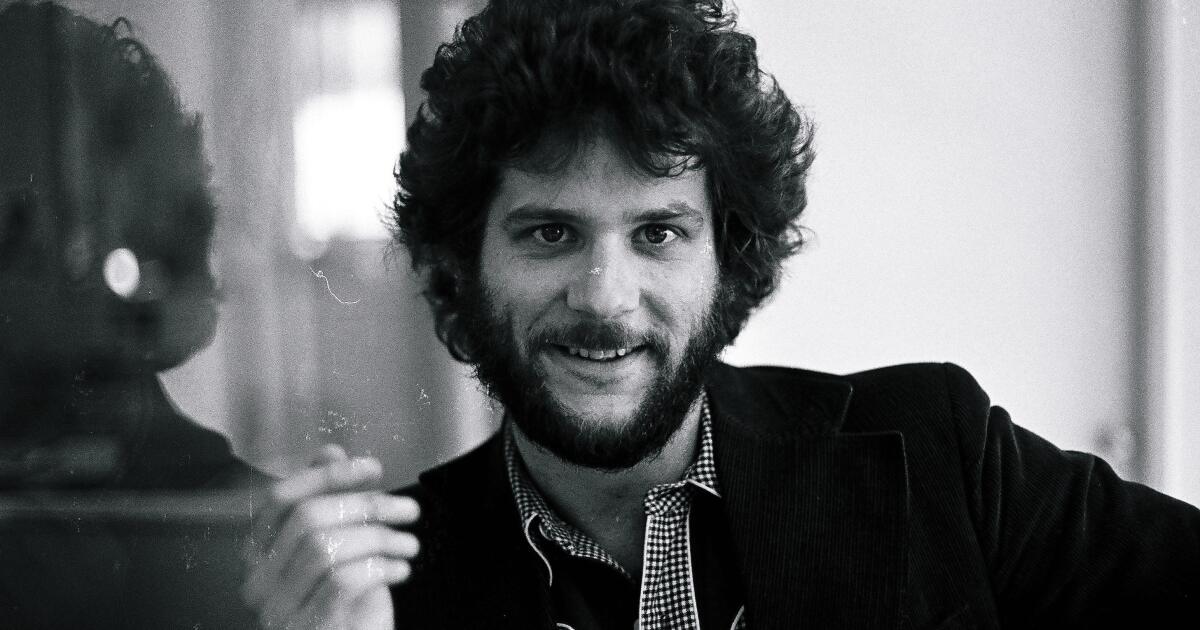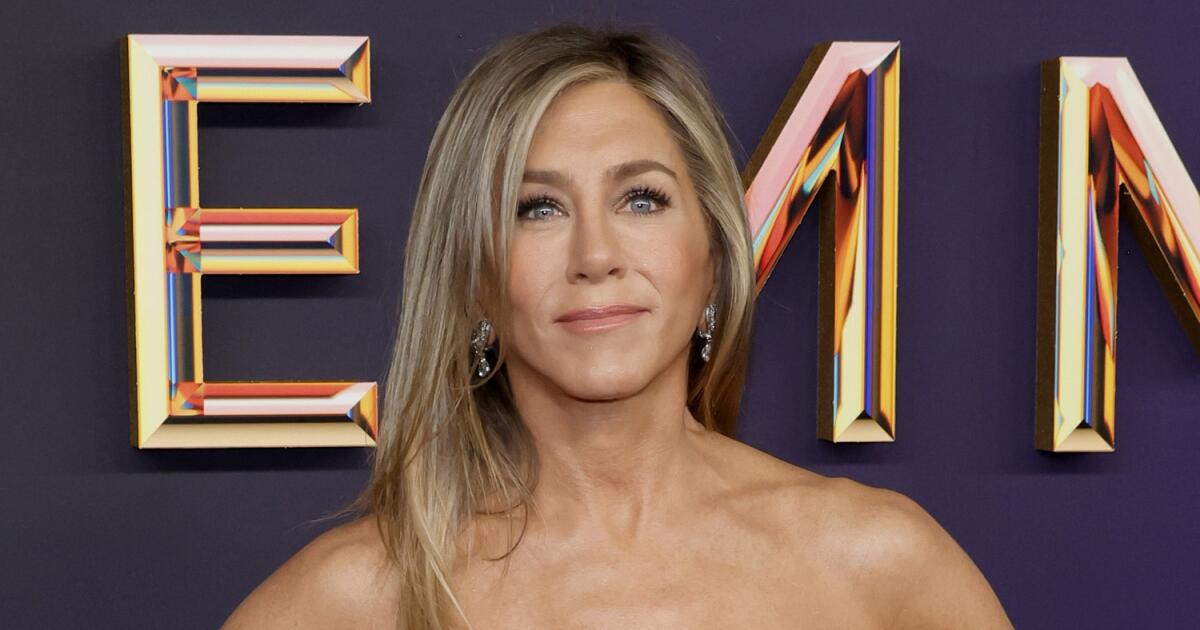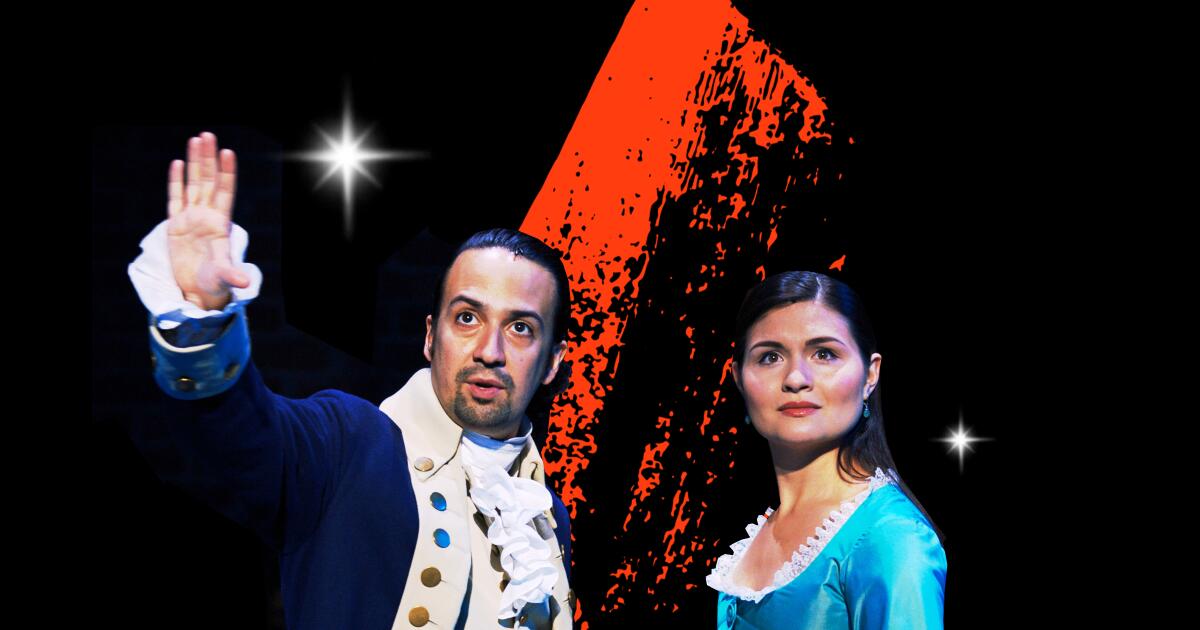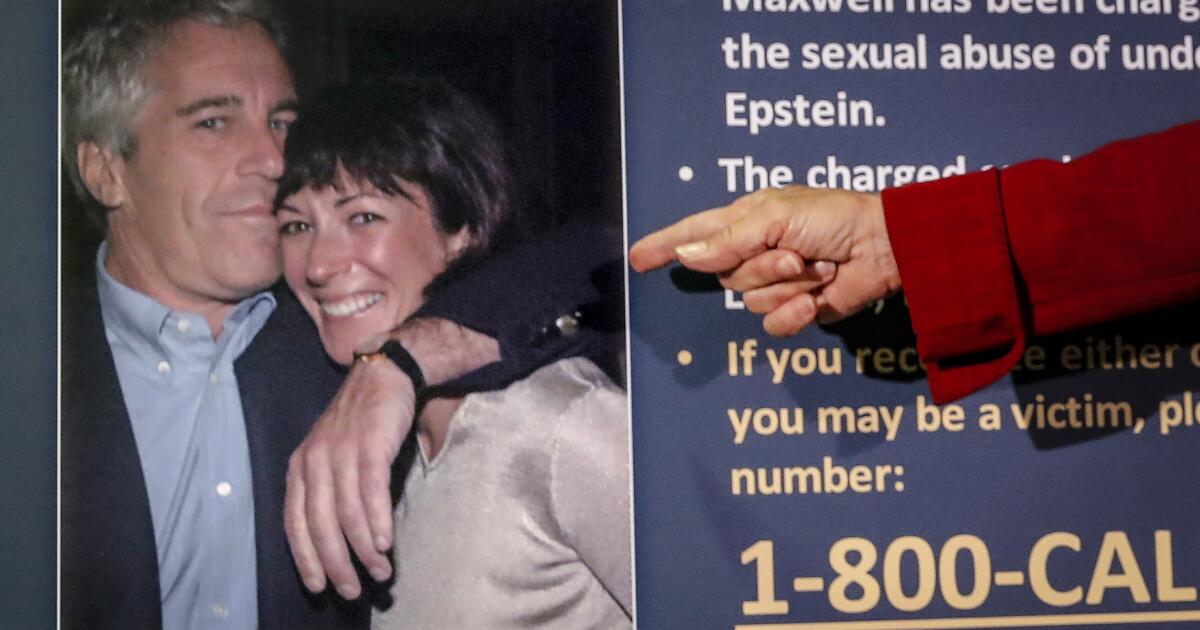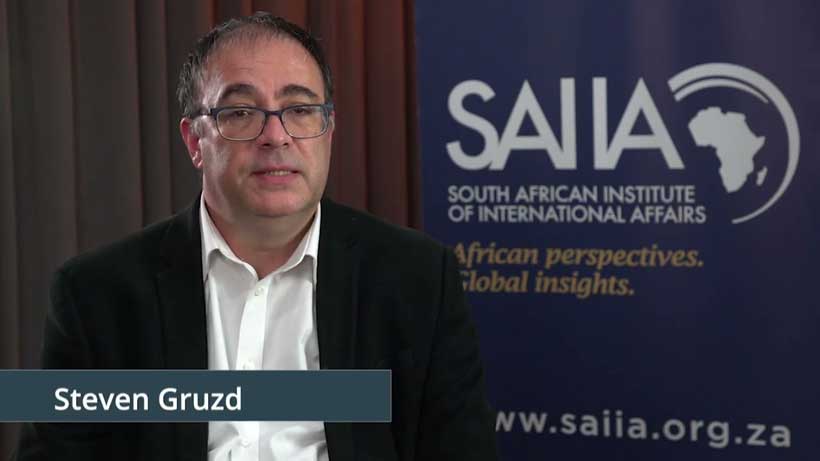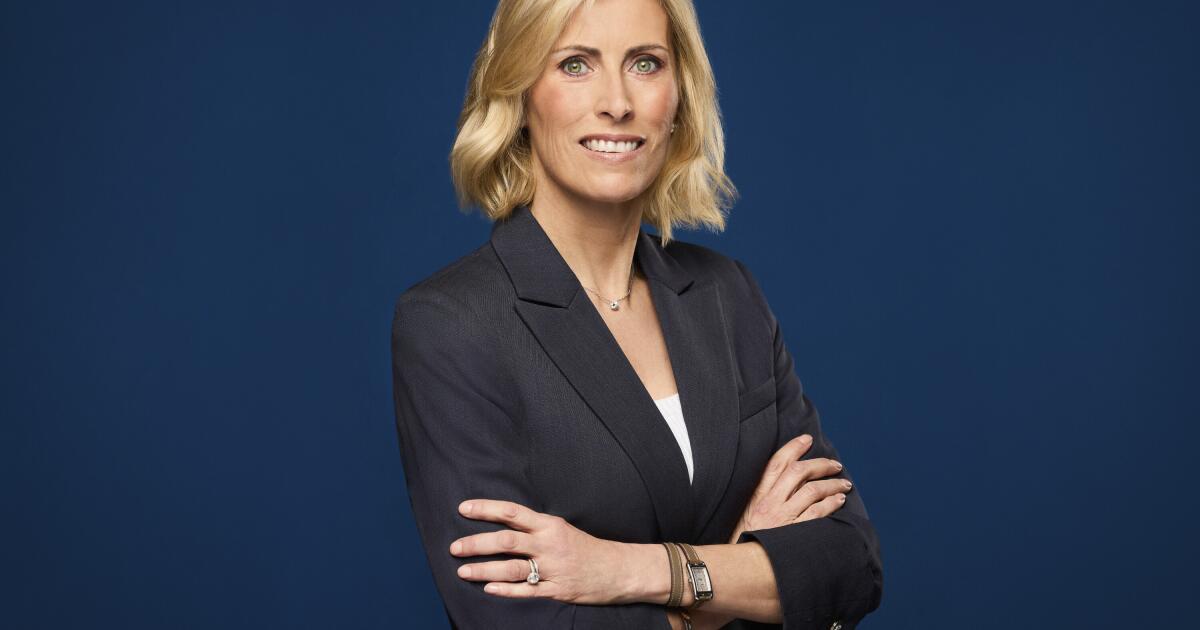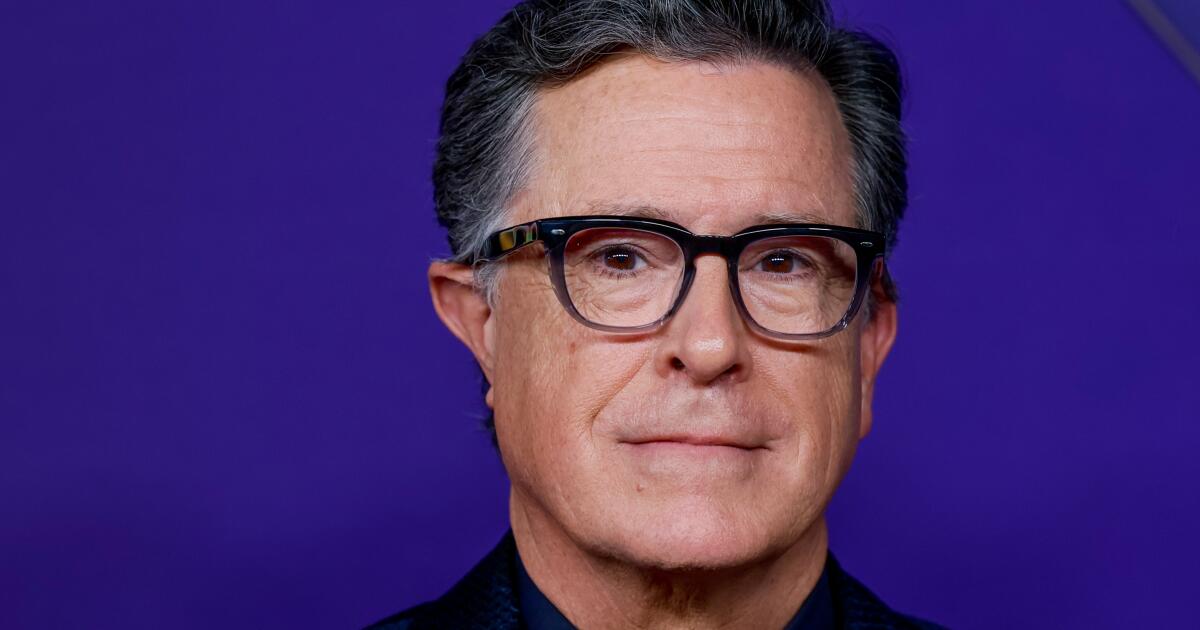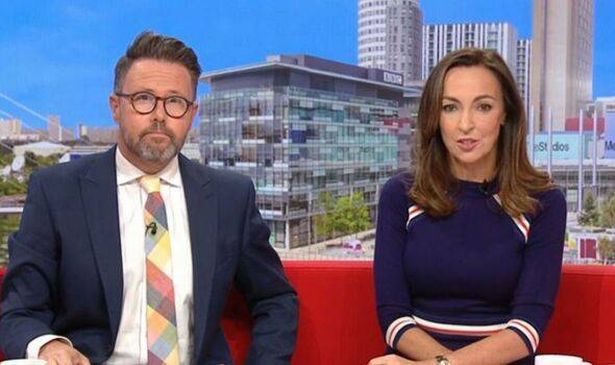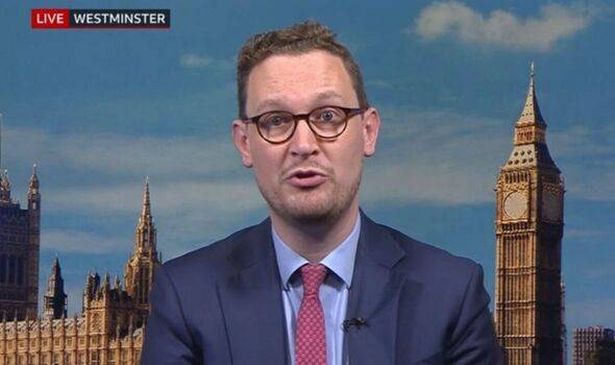In a police department with a long tradition of colorful nicknames — from “Jigsaw John” to “Captain Hollywood” — LAPD Sgt. Joseph Lloyd stands out.
“The Grim Reaper.”
At least that’s what some on the force have taken to calling the veteran Internal Affairs detective, usually out of earshot.
According to officers who have found themselves under investigation by Lloyd, he seems to relish the moniker and takes pleasure in ending careers, even if it means twisting facts and ignoring evidence.
But Lloyd’s backers maintain his dogged pursuit of the truth is why he has been entrusted with some of the department’s most politically sensitive and potentially embarrassing cases.
Lloyd, 52, declined to comment. But The Times spoke to more than half a dozen current or former police officials who either worked alongside him or fell under his scrutiny.
During the near decade that he’s been in Internal Affairs, Lloyd has investigated cops of all ranks.
When a since-retired LAPD officer was suspected of running guns across the Mexican border, the department turned to Lloyd to bust him.
In 2020, when it came out that members of the elite Metropolitan Division were falsely labeling civilians as gang members in a police database, Lloyd was tapped to help unravel the mess.
And when a San Fernando Valley anti-gang squad was accused in 2023 of covering up shakedowns of motorists, in swooped the Reaper again.
Recently he was assigned to a department task force looking into allegations of excessive force by police against activists who oppose the government’s immigration crackdown.
At the LAPD, as in most big-city police departments across the country, Internal Affairs investigators tend to be viewed with suspicion and contempt by their colleagues. They usually try to operate in relative anonymity.
Not Lloyd.
The 24-year LAPD veteran has inadvertently become the face of a pitched debate over the LAPD’s long-maligned disciplinary system. The union that represents most officers has long complained that well-connected senior leaders get favorable treatment. Others counter that rank-and-file cops who commit misconduct are routinely let off the hook.
A recent study commissioned by Chief Jim McDonnell found that perceived unfairness in internal investigations is a “serious point of contention” among officers that has contributed to low morale. McDonnell has said he wants to speed up investigations and better screen complaints, but efforts by past chiefs and the City Council to overhaul the system have repeatedly stalled.
Sarah Dunster, 40, was a sergeant working in the LAPD’s Hollywood division in 2021 when she learned she was under investigation for allegedly mishandling a complaint against one of her officers, who was accused of groping a woman he arrested.
Dunster said she remembers being interviewed by Lloyd, whose questions seemed designed to trip her up and catch her in a lie, rather than aimed at hearing her account of what happened, she said. Some of her responses never made it into Lloyd’s report, she said.
“He wanted to fire me,” she said.
Dunster was terminated over the incident, but she appealed and last week a Los Angeles County Superior Court judge granted a reprieve that allows her to potentially get her job back.
Others who have worked with Lloyd say he is regarded as a savvy investigator who is unfairly being vilified for discipline decisions that are ultimately made by the chief of police. A supervisor who oversaw Lloyd at Internal Affairs — and requested anonymity because they are not authorized to speak to the media — described him as smart, meticulous and “a bulldog.”
“Joe just goes where the facts lead him and he doesn’t have an issue asking the hard questions,” the supervisor said.
On more than one occasion, the supervisor added, Internal Affairs received complaints from senior department officials who thought that Lloyd didn’t show them enough deference during interrogations. Other supporters point to his willingness to take on controversial cases to hold officers accountable, even while facing character attacks from his colleagues, their attorneys and the powerful Los Angeles Police Protective League.
Officers have sniped about his burly build, tendency to smile during interviews and other eccentricities. He wears two watches — one on each wrist, a habit he has been heard saying he picked up moonlighting as a high school lacrosse referee.
But he has also been criticized as rigid and uncompromising, seeming to fixate only on details that point to an officer’s guilt. People he has grilled say that when he doesn’t get the answer he’s looking for, he has a Columbo-esque tendency to ask the same question in different ways in an attempt to elicit something incriminating.
And instead of asking officers to clarify any discrepancies in their statements, Lloyd automatically assumes they are lying, some critics said.
Mario Munoz, a former LAPD Internal Affairs lieutenant who opened a boutique firm that assists officers fighting employment and disciplinary cases, recently released a scathing 60-page report questioning what he called a series of troubling lapses in the LAPD’s 2023 investigation of the Mission gang unit. The report name-drops Lloyd several times.
The department accused several Mission officers of stealing brass knuckles and other items from motorists in the San Fernando Valley, and attempting to hide their actions from their supervisors by switching off their body-worn cameras.
Munoz said he received calls from officers who said Lloyd had violated their due process rights, which potentially opens the city up to liability. Several have since lodged complaints against Lloyd with the department. He alleged Lloyd ultimately singled out several “scapegoats to shield higher-level leadership from scrutiny.”
Until he retired from the LAPD in 2014, Munoz worked as both an investigator and an auditor who reviewed landmark internal investigations into the beating of Black motorist Rodney King and the Rampart gang scandal in which officers were accused of robbing people and planting evidence, among other crimes.
Munoz now echoes a complaint from current officers that Internal Affairs in general, and Lloyd in particular, operate to protect the department’s image at all costs.
“He’s the guy that they choose because he doesn’t question management,” Munoz said of Lloyd.
In the Mission case, Munoz pointed to inconsistent outcomes for two captains who oversaw the police division accused of wrongdoing: One was transferred and later promoted, while another is fighting for his job amid accusations that he failed to rein in his officers.
Two other supervisors — Lt. Mark Garza and Sgt. Jorge “George” Gonzalez — were accused by the department of creating a “working environment that resulted in the creation of a police gang,” according to an internal LAPD report. Both Garza and Gonzalez have sued the city, alleging that even though they reported the wrongdoing as soon as they became aware of it, they were instead punished by the LAPD after the scandal became public.
According to Munoz’s report and interviews with department sources, Lloyd was almost single-handedly responsible for breaking the Mission case open.
It began with a complaint in late December 2022 made by a motorist who said he was pulled over and searched without reason in a neighboring patrol area. Lloyd learned that the officers involved had a pattern of not documenting traffic stops — exploiting loopholes in the department’s auditing system for dashboard and body cameras. The more Lloyd dug, the more instances he uncovered of these so-called “ghost stops.”
A few months later, undercover Internal Affairs detectives began tailing the two involved officers — something that Garza and Gonzalez both claimed they were kept in the dark about.
As of last month, four officers involved had been fired and another four had pending disciplinary hearings where their jobs hung in the balance. Three others resigned before the department could take action. The alleged ringleader, Officer Alan Carrillo, faces charges of theft and “altering, planting or concealing evidence.” Court records show he was recently offered pretrial diversion by L.A. County prosecutors, which could spare him jail but require him to stop working in law enforcement. Carrillo has pleaded not guilty to the charges.
In an interview with The Times, Gonzalez — the sergeant who is facing termination — recalled a moment during a recorded interrogation that he found so troubling he contacted the police union director Jamie McBride, to express concern. McBride, he said, went to Lloyd’s boss, then-deputy chief Michael Rimkunas, seeking Lloyd’s removal from Internal Affairs.
The move failed. Lloyd kept his job.
Rimkunas confirmed the exchange with the police union leader in an interview with The Times.
He said that while he couldn’t discuss Lloyd specifically due to state personnel privacy laws, in general the department assigns higher-profile Internal Affairs cases to detectives with a proven track record.
Gonzalez, though, can’t shake the feeling that Lloyd crossed the line in trying to crack him during an interrogation.
He said that at one point while Lloyd was asking questions, the detective casually flipped over his phone, which had been sitting on the table. On the back of the protective case, Gonzalez said, was a grim reaper sticker.
“And then as he turned it he looked at me as if to get a reaction from me,” Gonzalez said. “It was definitely a way of trying to intimidate me for sure.”
